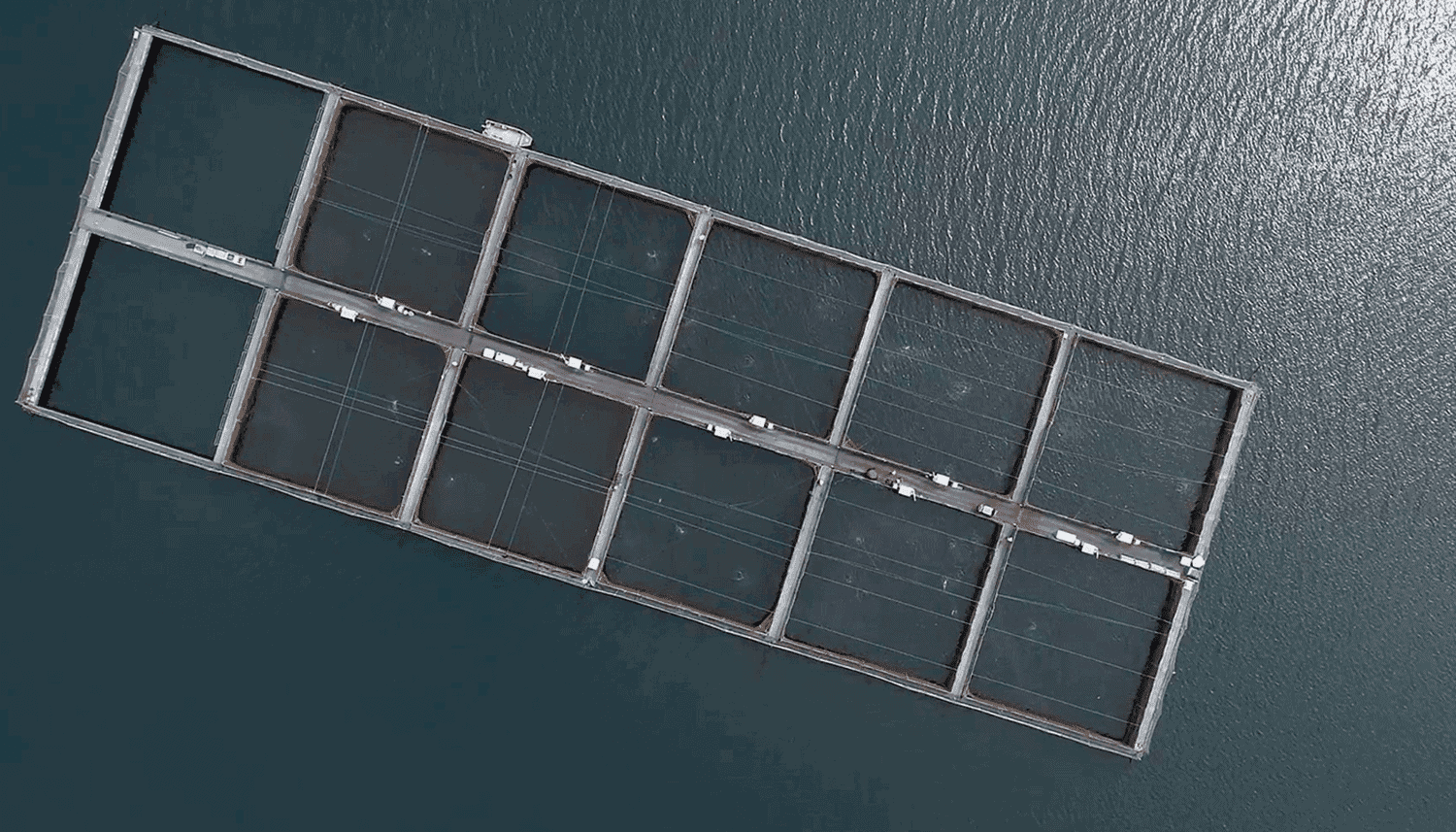
Contact:
Kurt Beardslee, Wild Fish Conservancy, 425-788-1167
Brian Knutsen, Kampmeier & Knutsen, PLLC, 503-841-6515
Today, Wild Fish Conservancy filed legal action against the United States Environmental Protection Agency (EPA) and the National Marine Fisheries Service (NMFS) for violations of the Endangered Species Act (ESA) associated with the agencies’ continued dismissal of the harmful effects to threatened salmonids from commercial Atlantic salmon farms in Puget Sound.
“Atlantic salmon feed lots in the open waters of Puget Sound pose an unacceptable health risk to ESA-listed wild salmon in Puget Sound,” said Kurt Beardslee, executive director of Wild Fish Conservancy. “By not fully evaluating the impacts of these farms, EPA and NMFS are in clear violation of the Endangered Species Act.”
In 2008, EPA consulted with NMFS under section 7 of the ESA on the effects of revisions to Washington Sediment Management Standards intended to enable commercial salmon farms in Puget Sound to be permitted under the Clean Water Act. Despite the known harm and significant risks these facilities pose to wild salmonids, NMFS determined that EPA’s action was not likely to adversely affect protected species. The ESA consultation was concluded without preparation of a biological opinion that would fully evaluate the effects of Atlantic salmon net pens and impose monitoring and other requirements designed to protect wild fish in Puget Sound.
Wild Fish Conservancy challenged NMFS’ 2008 consultation as insufficient under the ESA. The U.S. District Court (Western District of Washington) agreed that the consultation was indeed inadequate and set aside EPA’s approval of the revised Sediment Management Standards and further ordered EPA and NMFS to reconsider whether preparation of a biological opinion was required.
EPA reinitiated ESA consultation with NMFS in 2010. Remarkably, despite extensive scientific evidence to the contrary, NMFS again determined that the Puget Sound commercial Atlantic salmon net pens are not likely to adversely affect threatened salmon and steelhead and again declined to prepare a biological opinion.
In May of 2012, there was a major outbreak of the infectious hematopoietic necrosis virus (IHNV) at the commercial Atlantic salmon complexes near Rich Passage at the southern end of Bainbridge Island. The outbreak occurred at a time when wild ESA-listed juvenile salmonids were migrating through the nearshore environment near the commercial salmon facilities. It can hardly be disputed that this disease outbreak adversely affected threatened salmonids. With the public investing millions of dollars annually to save Puget Sound, the environmental degradation caused by commercial Atlantic salmon net pens must be fully evaluated and addressed in a biological opinion.
“Millions of local, state, and federal dollars have been spent to restore and sustain native salmonids in Puget Sound,” said Angie Homola, former Island County Commissioner. “It’s up to policy makers to support best available science when promulgating laws that impact the environment. Puget Sound’s native salmonid species, and associated multi-million dollar sustainable wild catch fisheries depend on it.”
“NMFS and EPA are responsible for protecting the environment and our precious marine resources,” said Philip Johnson, Jefferson County Commissioner. “Holding these federal agencies accountable for their actions is a great step toward insuring that the waters of the Salish Sea are not further compromised.”
###
Wild Fish Conservancy is represented by Kampmeier & Knutsen, PLLC, in Seattle, WA and Portland, OR.
WILD FISH CONSERVANCY
PO Box 402 Duvall, WA 98019 · Tel 425-788-1167 · Fax 425-788-9634 ·
infoATwildfishconservancy.org
Join our mailing list to recieve important updates on our work, the latest wild fish news, & opportunities to take action to support wild fish.
This site is protected by reCAPTCHA and the Google Privacy Policy and Terms of Service apply.
Wild Fish Conservancy is recognized as a 501(c)3 non-profit by the IRS